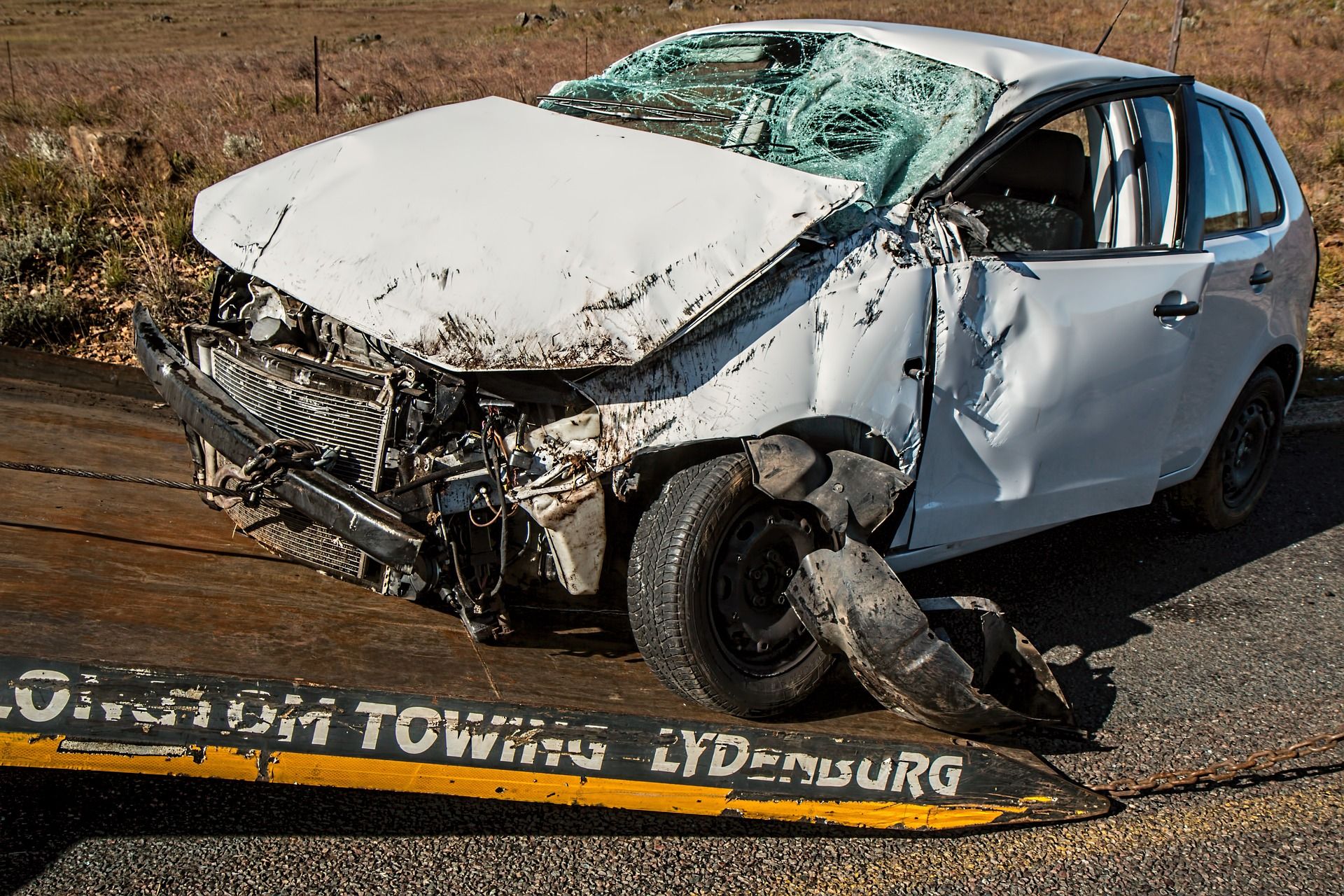Here is the standard definition of a
car accident to go by: It is traumatic to varying degrees, causes significant
property damage, and, usually, there are injuries due to at least one party's
fault. Sometimes, though rarely, car accidents can turn fatal and can result in
the death of one or several people in the collision or its aftermath. It is
critically important that you know what to do when something like this takes
place.
While someone provides the injured
parties with medical care, someone else must check in on the wreckage scene.
This scrutiny will go a long way in gathering evidence about the accident and
when the issue comes to the attention of lawyers who provide legal help. In
case an accident leads to a person's death, there are other procedures you want
to abide by.
Car wrecks that result in human
casualties often lead to erroneous death claims. Such claims frequently cause a
loved one of the departed to make a misguided death claim due to the fatal
injury. The family members of those killed in an accident often make such
claims. In some instances, only selected people have the legal prerequisites to
make this claim. Suppose such a party is thinking about making a death claim.
In that case, the people who can best help them are legal representatives who
know a great deal about death claims and fatal car accidents.
Vehicle Collisions With
Fatality
Regardless of the actual cause of the accident,
the damage it resulted in, or the responsible party, vehicle collision deaths
occur due to the crash itself. According to the experts from Dolman Law,
this translates to the fact that typically, there is indeed someone who may
have caused the incident. Such a crash is often a result of the direct or
indirect actions of that particular person. However, many factors need thorough
analysis to decide if it was possible to prevent the fatality and if
unavoidable circumstances were responsible. Personal liability evaluations are
carried out through the study of the overall event. It emphasizes things like
driving habits, involved parties, observance of traffic laws, violations of the
same, and other relevant issues.
Keep in mind that each accident case
is different. This difference results in making the litigation process complex when there are
multiple factors to consider. These factors include speeding, drunk driving,
and other such similar faults. If authorities suspect that one of these is
involved, then charges of vehicular manslaughter are brought forward.
The charges may escalate to include involuntary manslaughter and even murder. A complex array of factors, such as the driver's traffic activity and the understanding and awareness of the charges, etc., determine the eventual charges. It is worth remembering that civil suits against the erring party are a different matter altogether. Those stand outside of the eventual pronouncement of innocence or guilt in the criminal proceedings.

Types of Fatal Accidents
There are several types of fatal car
accidents. When a passenger or driver dies suddenly after a car accident, it is
a sudden-death car accident. Such accidents happen when there are high-speed
collisions or in accident cases when there are large vehicles involved. The
trauma of the impact is too much for the body to handle. Sometimes people don't
die instantly but die in the course of a short period of time. The term used
for such accidents is eventual death in fatal accidents. In such cases, the
injuries are grave enough to prevent the person's recovery from an accident.
Litigation Involving Fatal
Car Accidents
The need for litigation for a car
accident involving human casualties is based on whether there is a need for
civil charges to get adequate compensation. Criminal charges come with a guilty
or not-guilty verdict. However, suppose a loved one of the deceased wishes to
receive financial compensation.
If so, they need to file a civil suit. This money might be crucially needed to clear medical bills, funeral expenses, and other costs that the litigant might have incurred. To achieve this, the best option is to consult a lawyer and to acquaint him with the case details including evidence to assess whether there is adequate grounds for financial compensation.
It is important to remember that all
factors will be assessed in the court's final verdict. The judge or jury will
minutely evaluate the accident details. For a favorable court verdict, you want
to provide sufficient witness testimony, supplementary proof, and evidence. These
should serve to reinforce the view that the accused party is the one who is
indeed responsible for the accident. And that requires the services of a
skilled and competent lawyer with adequate experience in this field.

